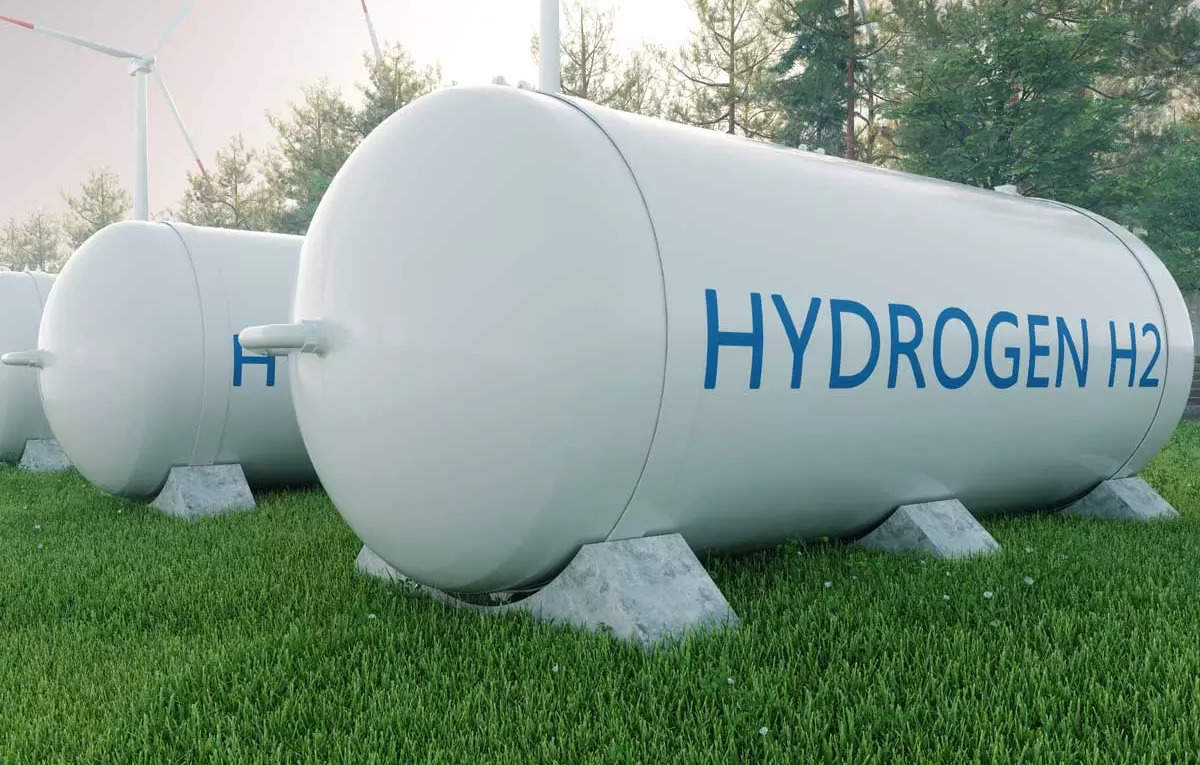Paving the Way for Clean Energy: Japan and EU Collaborate on Hydrogen Initiatives
Key Ideas
- Japan and the EU are joining forces to promote clean hydrogen as a substitute for LNG and Russian fossil fuels, aligning with carbon neutrality goals.
- European Commissioner for Energy emphasizes the significance of hydrogen in global energy markets and the need for collaborative standards and regulations.
- Both Japan and Germany are investing heavily in hydrogen infrastructure and production facilities to facilitate the transition to clean energy sources.
- Japanese companies like Itochu Corp are actively exploring projects like offshore wind hubs to expand the clean hydrogen supply chain and promote sustainable practices.
Japan and the European Union have formed a strategic partnership to advance the adoption of hydrogen as a clean energy alternative, aiming to reduce reliance on liquefied natural gas (LNG) and Russian fossil fuels. This collaboration aligns with Japan's commitment to achieving carbon neutrality by 2050 and Europe's goal to phase out the use of Russian fossil fuels. The EU plans to produce and import significant amounts of renewable hydrogen by 2030, necessitating substantial investments in infrastructure to drive demand for this sustainable fuel.
The European Commissioner for Energy, Kadri Simson, highlighted the importance of hydrogen as a globally traded commodity and stressed the need for close cooperation between the EU and Japan to promote renewable and low-carbon hydrogen while harmonizing regulatory frameworks. Additionally, Germany recently accelerated the development of hydrogen infrastructure and production facilities as part of its emissions reduction strategy.
In Japan, a substantial budget has been allocated to support the production of clean hydrogen over the next 15 years, with companies like Itochu Corp exploring ventures like the construction of hydrogen and ammonia supply chains in regions such as Kitakyushu. These initiatives underscore the growing momentum towards cleaner energy solutions and underline the role of hydrogen in decarbonizing industry and fueling sustainable economic growth.
Topics
Middle East
Renewable Energy
Decarbonization
Clean Fuel
Carbon Neutrality
International Cooperation
Infrastructure Investment
Energy Policy
Industry Innovation
Latest News
